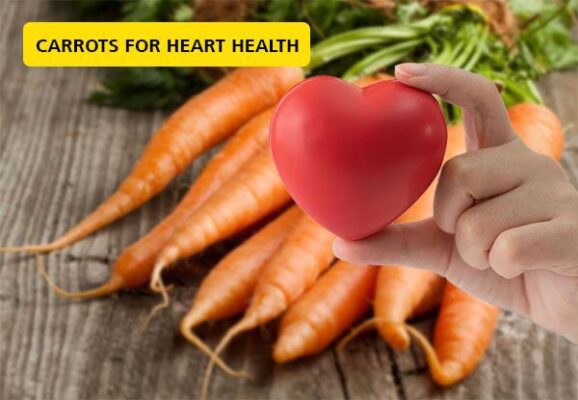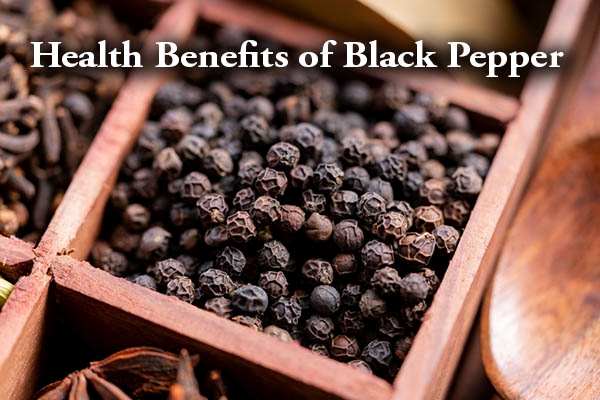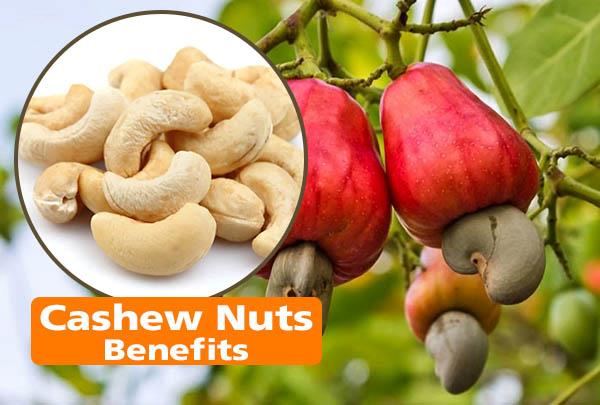A simple and vibrant orange vegetable, which not only tantalizes your taste buds but also it is a secret weapon for a healthier heart. Yes, we’re talking about the carrot. If we told you that this crunchy delight holds a wealth of benefits that can significantly impact your cardiovascular well-being. In this comprehensive article, we will talk about contribution of Carrots For Heart Health. So, grab a carrot stick and get ready to discover the many ways in which carrots can be a heart-healthy addition to your diet.
Please add your email to get a notification of the latest article
Table of Contents
Carrots Nutrition
Here’s a table summarizing the nutrition content of carrots per 100 grams:
| Nutrient | Amount per 100g |
|---|---|
| Calories | 41 calories |
| Water | 88% |
| Carbohydrates | 10.4 grams |
| Sugars | 4.7 grams |
| Fiber | 2.8 grams |
| Protein | 0.9 grams |
| Fat | 0.2 grams |
| Vitamin A (as beta-carotene) | 16706 IU (334% DV) |
| Vitamin C | 5.9 milligrams |
| Vitamin K1 | 13.2 micrograms |
| Potassium | 320 milligrams |
| Calcium | 33 milligrams |
| Iron | 0.3 milligrams |
| Magnesium | 12 milligrams |
Please note that these values can vary slightly depending on the variety and freshness of the carrots. They are popular for their high Vitamin A, in the form of beta-carotene. Which is excellent for eye health. They are also a good source of fiber and various vitamins and minerals.

15 Benefits of Carrots including Cardiovascular Health
Here are 15 benefits of carrots including heart benefit:
- Promote healthy vision: Carrots are rich in beta-carotene, which the body converts into vitamin A, an essential nutrient for good vision. Carrots also contain lutein and zeaxanthin, two natural compounds that protect the retina and lens.
- Balance blood sugar: The soluble fiber in carrots helps regulate blood sugar and insulin levels, making them a good food for people with diabetes.
- Aid in weight management: Carrots are low in calories and high in fiber and water, making them a filling food that can help with weight loss.
- May Lower the risk of cancer: The carotene antioxidants found in carrots may reduce risk of cancer.
- Good for heart health: The antioxidants in carrots are good for the heart, and the potassium in carrots can help keep blood pressure in check.
- Improve digestion: The fiber in carrots supports digestive health and helps prevent constipation.
- Boost immunity: The nutrients in carrots, including vitamin A and beta-carotene, help fight with inflammation and boost the immune system.
- Reduce inflammation: The fiber and antioxidant luteolin found in carrots can help reduce inflammation in the body.
- Support skin health: The vitamin A in carrots is important for healthy skin, and the antioxidants in carrots can help protect the skin from damage.
- Improve brain function: The antioxidants in carrots may help protect the brain from damage and improve cognitive function.
- Lower cholesterol levels: The fiber in carrots can help lower cholesterol levels.
- Prevent constipation: The fiber in carrots can help prevent constipation and promote regular bowel movements.
- Improve bone health: The vitamin K in carrots is important for bone health and can help prevent osteoporosis. See also: Benefits of Apples for Bone Health
- Reduce the risk of cataracts: The beta-carotene in carrots can help protect the eyes from the sun and lower the risk of cataracts.
- Improve hair and nail health: The vitamin A in carrots is important for healthy hair and nails.
Carrots for Heart Health: A Nutritional Powerhouse for Your Heart
Carrots, far from being your run-of-the-mill vegetable, emerge as a nutritional powerhouse that can profoundly impact your cardiovascular well-being. Let’s delve into the core nutrients within carrots that make them an exceptional choice for heart health.
Beta-Carotene in Carrots for Heart Health
At the heart of this vibrant vegetable’s prowess lies beta-carotene, a formidable antioxidant and a precursor to vitamin A. This antioxidant takes center stage in quelling oxidative stress, a primary instigator of heart diseases. With a regular carrot intake, the abundant beta-carotene becomes your ally in battling harmful free radicals, effectively reducing the risk of heart-related issues.
Fiber in Carrots for Heart Health
In the realm of heart health, fiber reigns supreme, and carrots deliver admirably. They serve as an abundant source of dietary fiber, a key player in maintaining optimal cholesterol levels. Elevated levels of LDL (bad) cholesterol can obstruct arteries, elevating the threat of heart disease. Here, the soluble fiber found in carrots takes the stage, effectively lowering LDL cholesterol levels and nurturing a heart in the pink of health.
Potassium in Carrots for Heart Health
Potassium, an indispensable mineral in the heart’s defense, works diligently to regulate blood pressure. Carrots boast a substantial potassium presence, contributing to the stabilization of blood pressure levels and relieving stress on the cardiovascular system. This silent protector plays a pivotal role in the prevention of heart disease and strokes, ensuring your heart stays in harmony.
Incorporating carrots for heart health into your dietary repertoire not only infuses your meals with delicious flavor but also fortifies your cardiovascular fortress naturally. So, why wait? Embrace the power of carrots and embark on a heart-healthy journey today.
See also: Fenugreek For Heart Health
How Carrots Help in Blood Pressure Regulation?
One of the significant risk factors for heart disease is high blood pressure. The good news is that incorporating carrots into your diet can aid in blood pressure regulation, thanks to their potassium content.
Potassium’s Role in Blood Pressure:
Potassium is often referred to as a “heart-healthy” mineral because of its remarkable ability to regulate blood pressure[1]. It works by counteracting the negative effects of sodium, which can cause blood pressure to rise. A diet rich in potassium, including foods like carrots, can help maintain a healthy blood pressure range.
How Carrots Help:
Carrots for Heart Health, they are an excellent source of potassium, with around 320 milligrams per cup of sliced carrots. When consumed regularly, carrots contribute to better blood pressure control. The potassium in carrots helps relax blood vessels, reducing the strain on the heart and decreasing the chances of developing hypertension, a major risk factor for heart disease.
See also: Cashew Nuts Benefits for Male Health
Antioxidant Power of Carrots for Heart Health
In the battle against heart disease, antioxidants play a crucial role, and carrots are loaded with them.
Beta-Carotene’s Heart-Protective Effects:
Beta-carotene, the vibrant orange pigment found in carrots, is a powerful antioxidant that shields the heart from oxidative damage. By neutralizing free radicals, beta-carotene reduces inflammation and lowers the risk of atherosclerosis, a condition where arteries become clogged with fatty deposits.
Vitamin C:
Carrots are also a source of vitamin C, another antioxidant with heart-protective properties. Vitamin C helps maintain the health of blood vessels and reduces the risk of heart disease by preventing the oxidation of LDL cholesterol, a process that can lead to arterial plaque buildup.
See also: Honey For Heart Health
Carrots for Heart Health: How to incorporate it into your diet?
A Heart-Healthy Snacking Option
If you’re looking for a heart-healthy snack option, carrots are a fantastic choice.
Low-Calorie and Nutrient-Dense:
Carrots are low in calories but high in nutrients, making them an ideal snack for those concerned about heart health and weight management. Snacking on carrots provides essential vitamins and minerals without the excess calories that can contribute to obesity, a risk factor for heart disease.
Satisfying Cravings:
Carrots can satisfy your crunchy snack cravings while benefiting your heart. Their natural sweetness makes them a delicious alternative to sugary snacks that can harm your cardiovascular health. Keep a bag of carrot sticks handy for a heart-healthy snack that you can enjoy guilt-free.
Section 5: Creative Ways to Incorporate Carrots into Your Diet
Now that we understand the heart-healthy benefits of carrots, let’s explore some creative ways to include them in your daily meals.
Carrot Smoothie:
Start your day with a heart-boosting carrot smoothie. Blend fresh carrots with spinach, banana, and a touch of honey for a delicious and nutritious breakfast option.
Carrot Soup:
Whip up a hearty carrot soup by simmering carrots with onions, garlic, and vegetable broth. This warm and comforting dish is not only heart-healthy but also a treat for your taste buds.
Carrot and Walnut Salad:
Combine grated carrots with walnuts, raisins, and a zesty orange vinaigrette for a refreshing salad that’s packed with heart-protective nutrients.
Conclusion
In conclusion, Carrots is a nutritional powerhouse. These vibrant orange vegetables, packed with beta-carotene, fiber, and potassium, are essential for heart health. Their antioxidants combat oxidative stress and reduce heart disease risk.
Whether you snack on carrot sticks or savor carrot soup, you’ll enjoy heart-protective benefits. Start incorporating carrots into your diet today to regulate blood pressure and bolster heart health. Carrots For Heart Health, is a heart-loving choice. Your heart will thank you.
Please give your valuable feedback here





4 thoughts on “Carrots For Heart Health: 15 Benefits of Carrots Including cardiovascular health”